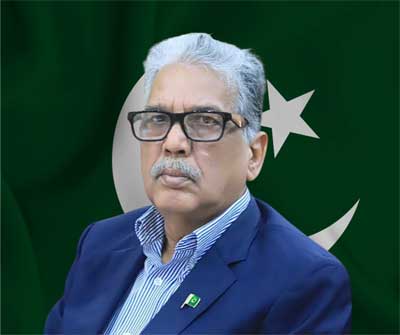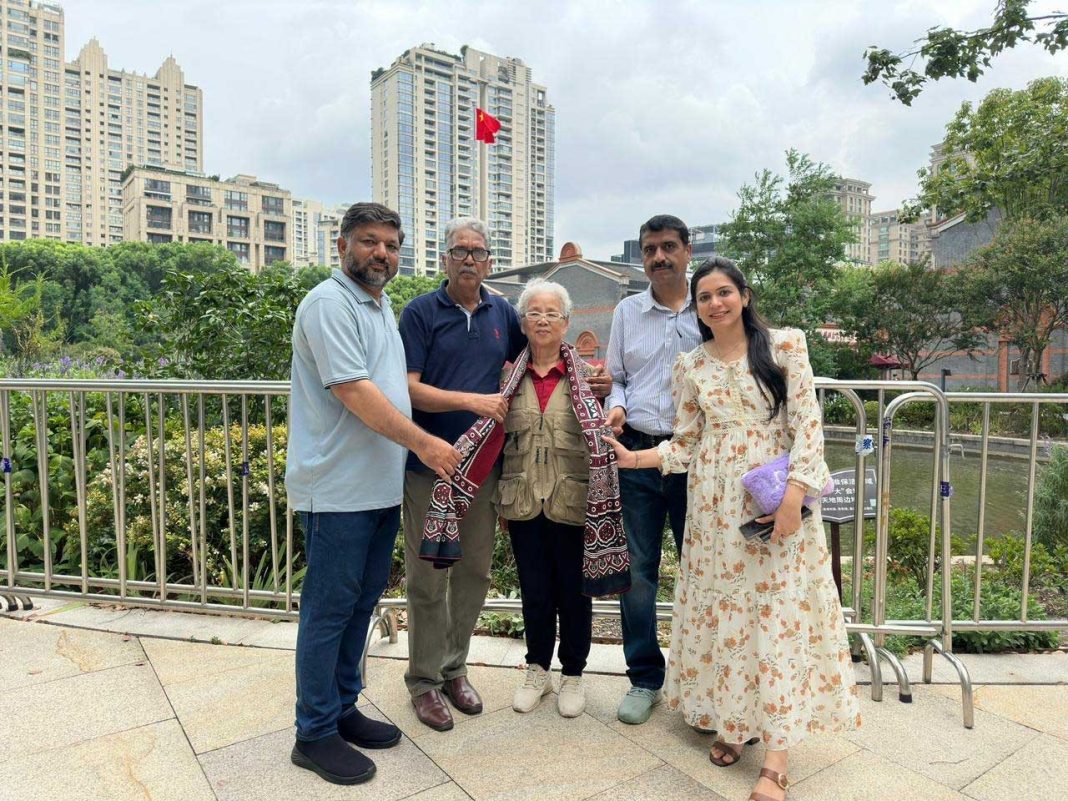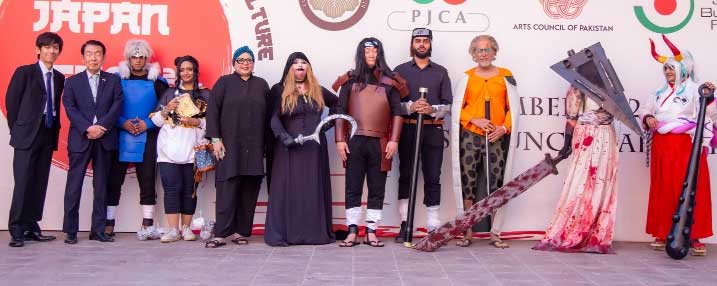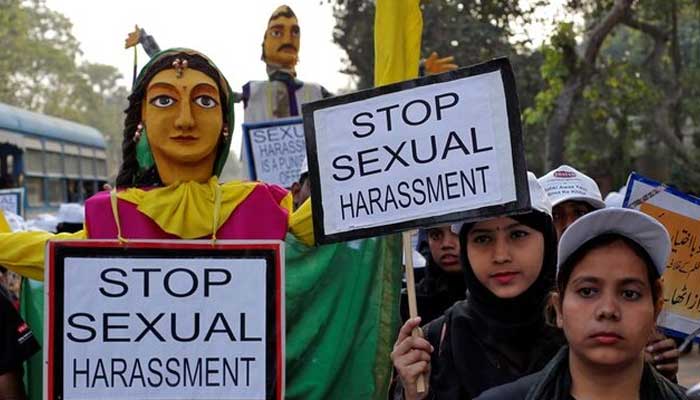

On a cloudy Tuesday morning, September 10th, the Pakistan Media Delegation began our day in Shanghai with a sense of anticipation and excitement. The weather was a welcome change; the cool breeze was refreshing compared to the sweltering heat we had experienced the previous day. As we gathered outside our hotel, our hosts from China Economic Net (CEN) were already there to guide us on a visit that many of us had eagerly anticipated: the Site of the First National Congress of the Communist Party of China (CPC).
A Long-Awaited Visit
Led by our gracious host, Ms. Meng from CEN, we embarked on a short drive to the CPC Founding Site Memorial Hall, a place that holds immense historical and symbolic importance for China. For me personally, visiting this site was a realization of a long-held dream. As someone deeply interested in history and politics, standing at the very spot where the CPC was founded was both a humbling and inspiring experience.
Our group was warmly welcomed by Ms. Ye Hong, a 75-year-old retired teacher and dedicated volunteer at the Memorial Hall. Despite her age, Ms. Ye was full of energy and passion, embodying the spirit of the revolutionary era she was about to recount for us. Her deep knowledge and commitment to sharing the history of the CPC made the experience all the more memorable.
The Birthplace of the Communist Party of China
The First National Congress of the CPC took place in a modest brick building in the heart of Shanghai, now preserved as the CPC Founding Site Memorial Hall. It was here, in July 1921, that 13 delegates, including a young Mao Zedong, gathered to lay the foundations of what would become one of the world’s most influential political parties. At the time, China was a nation in turmoil, facing foreign occupation, internal conflict, and widespread poverty. Amidst these challenges, the congress was held in secret, reflecting the revolutionary spirit and the urgent need for change that drove its participants.
The building itself is unassuming, yet its historical significance is profound. The small rooms and narrow corridors stand in stark contrast to the grandeur of modern political venues. This simplicity is a poignant reminder of the humble beginnings of the CPC and the resolve of its early members. Ms. Ye Hong provided a detailed account of the first meeting, explaining how these visionary leaders united under the banner of Marxism-Leninism to chart a new course for China’s future.
The Vision of the First Congress: A Revolutionary Beginning
Ms. Ye’s briefing took us back to that pivotal moment in 1921, when the CPC was just a small group of idealists determined to fight for a new China. The Party’s early leaders were driven by a vision of liberation from imperialist powers and the establishment of equality for all Chinese citizens. Despite the risks of foreign surveillance and the constant threat of police raids, the delegates forged ahead with their plans, laying the groundwork for a movement that would transform the nation.
Ms. Ye emphasized the significance of the congress in the broader context of China’s revolutionary history. It marked the first time that representatives from different regions of China came together with a unified goal. The delegates, including Mao Zedong, were inspired by the recent success of the Russian Revolution and sought to adapt its principles to China’s unique socio-political landscape. They believed that Marxism, combined with the specific conditions of China, could offer a path towards national independence and social reform.
Preserving the Legacy: The Memorial Hall Today
The CPC Founding Site Memorial Hall has been meticulously preserved and restored to honor its historical significance. The building’s brick facade and wooden interiors have been maintained to reflect its original appearance from the early 20th century. Inside, the Memorial Hall features a series of exhibitions, showcasing photographs, documents, and personal artifacts of the Party’s founders. The displays provide a vivid glimpse into the revolutionary fervor of the time, highlighting the personal sacrifices and political struggles that shaped the early years of the CPC.
As we walked through the exhibits, we were struck by the tangible sense of history in the air. The photographs of young Mao Zedong and his fellow delegates, their faces filled with determination and hope, were particularly moving. These were men and women who dared to dream of a better future for China, at great personal risk. The documents on display included original manuscripts of speeches, handwritten notes, and early editions of Party publications, all preserved as reminders of the CPC’s revolutionary beginnings.
The Evolution of the CPC: From Revolution to Modern China
The briefing by Ms. Ye also highlighted the evolution of the CPC’s ideology over the decades. While the Party’s early principles were rooted in Marxism and Leninism, it adapted these theories to fit China’s unique socio-political context. This flexibility has been a defining feature of the CPC, allowing it to guide China through various phases of its development-from the struggles of the Chinese Civil War, to the establishment of the People’s Republic of China in 1949, and the subsequent decades of economic reform and modernization.
Ms. Ye spoke passionately about the CPC’s journey, describing how the Party has remained committed to its core mission of improving the lives of the Chinese people. The Memorial Hall, she noted, is not just a museum; it is a symbol of national pride and a testament to the enduring legacy of the Party’s founders. It serves as a place of reflection, where visitors can contemplate the sacrifices made by the early revolutionaries and the progress achieved under the CPC’s leadership.
A Token of Appreciation
As our visit came to an end, we expressed our gratitude to Ms. Ye Hong for her enlightening and heartfelt presentation. In a gesture of friendship and cultural exchange, we presented her with a traditional Sindhi Ajrak, a symbol of hospitality and respect from Pakistan. Ms. Ye’s eyes lit up with joy as she accepted the gift, thanking us warmly and wishing us well for the remainder of our stay in China.
Before leaving, Ms. Ye walked us to our vehicle, waving goodbye as we departed. Her dedication to preserving and sharing the history of the CPC left a lasting impression on all of us.
Reflecting on Our Visit
The visit to the Site of the First National Congress of the CPC was a deeply moving experience, offering us a rare glimpse into the origins of a political movement that has shaped modern China. It was a journey back in time, to a moment of great uncertainty and hope, when a small group of visionaries dared to dream of a different future for their country.
For the Pakistan Media Delegation, this visit was not just about witnessing a historic site; it was about understanding the spirit of resilience and unity that has driven China’s remarkable transformation. As we left the Memorial Hall and continued our tour of Shanghai, we carried with us a newfound appreciation for the history and values that underpin China’s progress today.
The Site of the First National Congress of the CPC stands as a testament to the power of collective vision and the enduring legacy of those who believed in a better future. It is a place that inspires reflection and reminds us of the importance of commitment, sacrifice, and the relentless pursuit of a shared goal.




